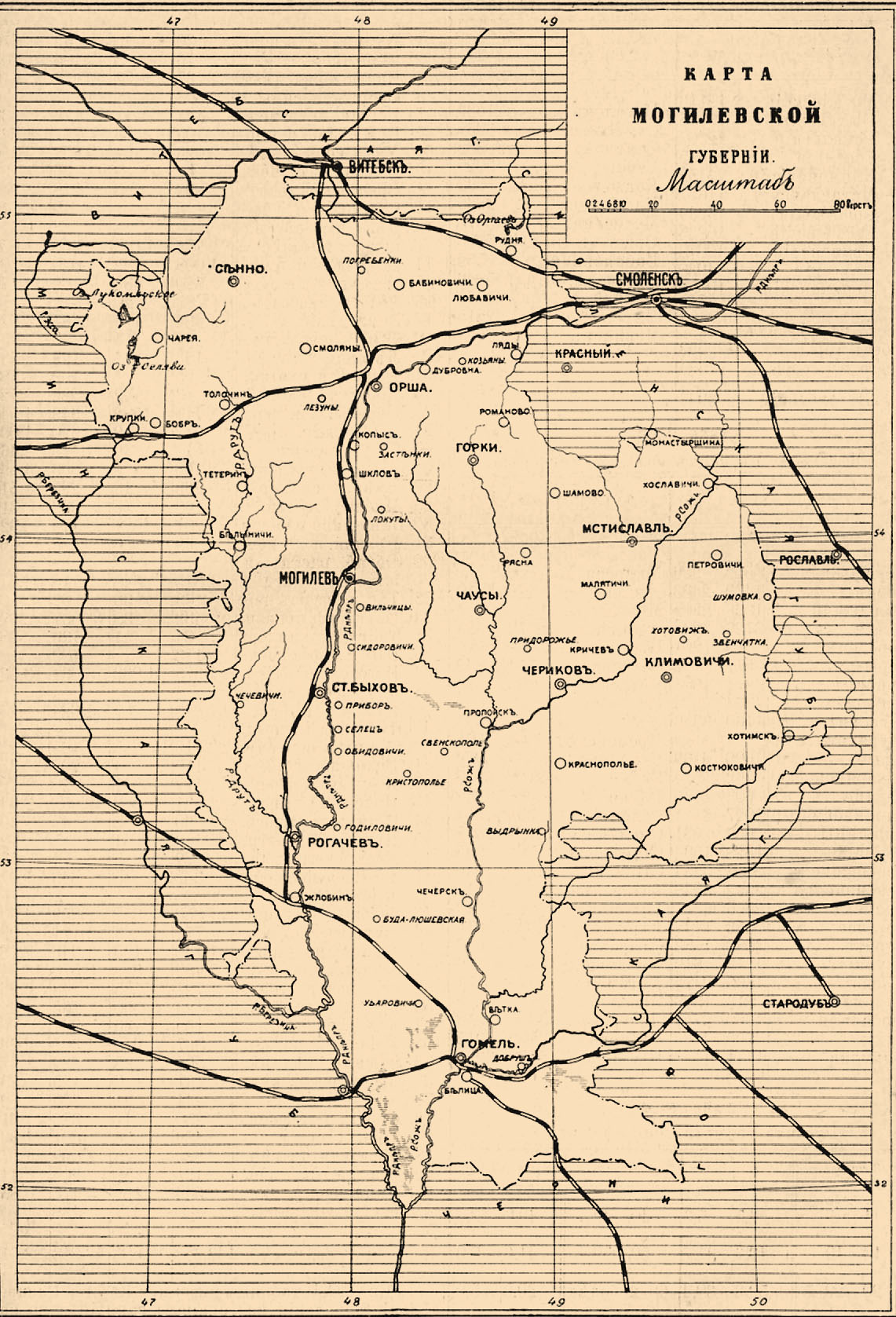|
Wolf Mendlin
Zev Wolf ben Jacob Mendlin (; 10 June 1842 – 10 August 1912) was a Russian economist. He is considered the first to write in Hebrew about the economic situation of Jews in the Russian Empire. Biography Wolf Mendlin was born into a Jewish family in Mogilev in 1842. In about 1862 he went to Germany, where he studied the labour movement under Ferdinand Lassalle. This experience roused his ambition to delve more deeply into the study of economics and co-operation. In 1879, Mendlin made his first appearance as a writer, contributing an article on the economic circumstances of Russian Jews to ''Ha-Melitz''. Subsequently, he continued to provide insights on related topics in such publications as '' Ha-Tzefirah'', ''Ha-Melitz'', ''Ruskii Yevrei'', '' Voskhod'', and ''Ulei''. Mendlin's also wrote ''Ba-meh nivasheʻa'' (St. Petersburg, 1883), a collection of four essays on the improvement of the economic condition of Russian Jews; ''Meḳore ha-ʻosher'' (Odessa, 1898), a politico-econom ... [...More Info...] [...Related Items...] OR: [Wikipedia] [Google] [Baidu] |
Mogilev
Mogilev (russian: Могилёв, Mogilyov, ; yi, מאָלעוו, Molev, ) or Mahilyow ( be, Магілёў, Mahilioŭ, ) is a city in eastern Belarus, on the Dnieper River, about from the border with Russia's Smolensk Oblast and from the border with Russia's Bryansk Oblast. , its population was 360,918, up from an estimated 106,000 in 1956. It is the administrative centre of Mogilev Region and the third-largest city in Belarus. History The city was first mentioned in historical records in 1267. From the 14th century, it was part of the Grand Duchy of Lithuania, and since the Union of Lublin (1569), part of the Polish–Lithuanian Commonwealth, where it became known as ''Mohylew''. In the 16th-17th centuries, the city flourished as one of the main nodes of the east–west and north–south trading routes. In 1577, Polish King Stefan Batory granted it city rights under Magdeburg law. In 1654, the townsmen negotiated a treaty of surrender to the Russians peacefully, if ... [...More Info...] [...Related Items...] OR: [Wikipedia] [Google] [Baidu] |
Ha-Tsfira
''Ha-Tsfira'' ( he, הצפירה) was a Hebrew-language newspaper published in Poland in 1862 and 1874–1931. History The first issue of ''Ha-Tsfira'' appeared in Warsaw, Congress Poland, in 1862, edited by Chaim Selig Slonimski. ''Ha-Tsfira'' was the first Hebrew paper with an emphasis on the sciences. The paper closed down after six months when Slonimski became principal of the rabbinical seminary in Zhytomyr, and the government began censorship of Hebrew books. It reopened in 1874 in Berlin, and began to be published in Warsaw in September 1875. Coverage of news and politics was introduced after the First Zionist Congress. From 1886, the paper began to appear as a daily. The driving spirit behind this change was Slonimski's assistant, Nachum Sokolov, who was later appointed editor-in-chief. ''Ha-Tsfira'' became part of a network of important Hebrew periodicals, among them '' Ha-Shahar'', '' Ha-Asif'', ''Ha-Shiloaḥ''. Some of the greatest names in early modern Hebrew lite ... [...More Info...] [...Related Items...] OR: [Wikipedia] [Google] [Baidu] |
Hebrew-language Writers
Hebrew (; ; ) is a Northwest Semitic language of the Afroasiatic language family. Historically, it is one of the spoken languages of the Israelites and their longest-surviving descendants, the Jews and Samaritans. It was largely preserved throughout history as the main liturgical language of Judaism (since the Second Temple period) and Samaritanism. Hebrew is the only Canaanite language still spoken today, and serves as the only truly successful example of a dead language that has been revived. It is also one of only two Northwest Semitic languages still in use, with the other being Aramaic. The earliest examples of written Paleo-Hebrew date back to the 10th century BCE. Nearly all of the Hebrew Bible is written in Biblical Hebrew, with much of its present form in the dialect that scholars believe flourished around the 6th century BCE, during the time of the Babylonian captivity. For this reason, Hebrew has been referred to by Jews as '' Lashon Hakodesh'' (, ) since ancient ... [...More Info...] [...Related Items...] OR: [Wikipedia] [Google] [Baidu] |

